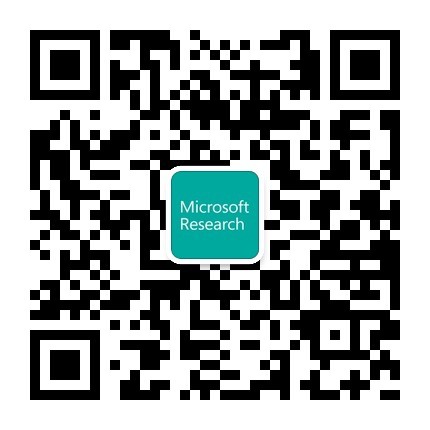Dear friends,
In 1920, the Czech writer Karel Capek discussed human's imagination for "robots" for the first time in his play Rossum's Universal Robots. Over the past century, the continuous evolution of computer science and the development of DNN, machine learning, computer vision, speech and other "Artificial intelligence" related technologies have made seemingly ice cold machines "smarter and smarter", offering solutions to various problems and challenges people face in their everyday lives. At the same time, the rise of social networks, smart mobile devices, and the Internet of Things has resulted in exponential growth in available data, spurning a strong sustained drive for the acceleration of artificial intelligence and related research.
"Artificial Intelligence" is no longer a wild fantasy from a science fiction story. It has become a direction for technological explorations with boundless possibilities and has the potential to re-design experiences with technology for billions of people. Many industry experts believe that artificial intelligence is the technology that is most likely to generate changes in the chain effect of geometrical progression and empower humans to accomplish things previously not possible.
The 17th Computing in the 21st Century Conference with a theme of "Augment Human Capacity with Machine Intelligence" will kick off in Beijing on October 28, 2015. This conference is jointly hosted by Microsoft Research Asia and Tsinghua University. We are honored to have in attendance many renowned scientists and scholars in computer science from around the globe, including two Turing Award winners as keynote speakers, to share their perspectives of the latest achievements in their areas of expertise and the scientific research works behind artificial intelligence, offering a glimpse into the future of computing.
The building of a computer that can intelligently carry out tasks that require "human level intelligence" has been a goal for computer scientists since the 1950s. We hope that the knowledge you will gain from the exchange of ideas in the field of artificial intelligence will inspire you to explore new directions in your future research.
Assistant Managing Director
Microsoft Research Asia
Dean of School of Software
Tsinghua University
- Date:October 28, 2015
- Venue: New Tsinghua Auditorium, Tsinghua University, Beijing
- Hotline: +8610 59179399
















